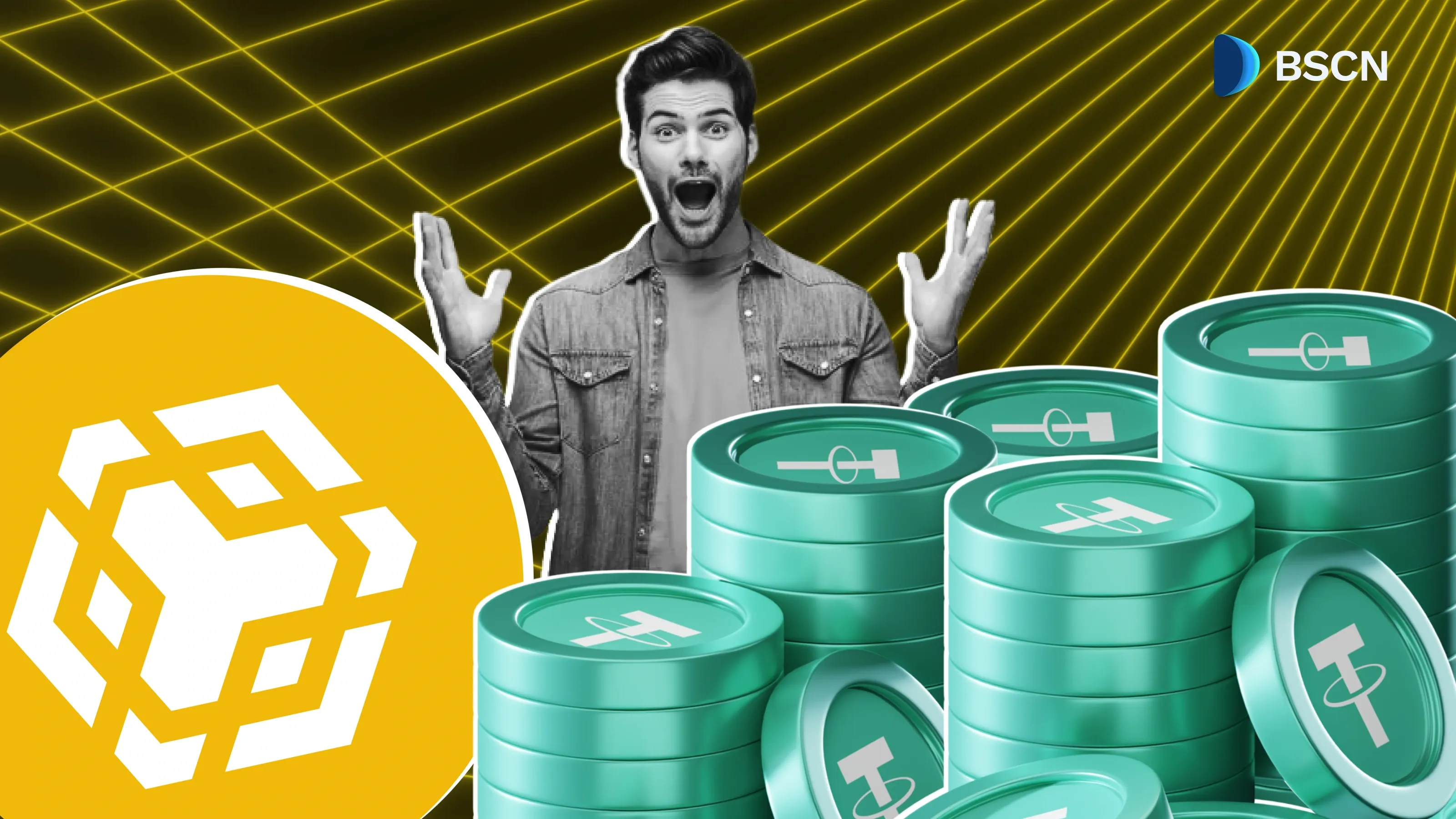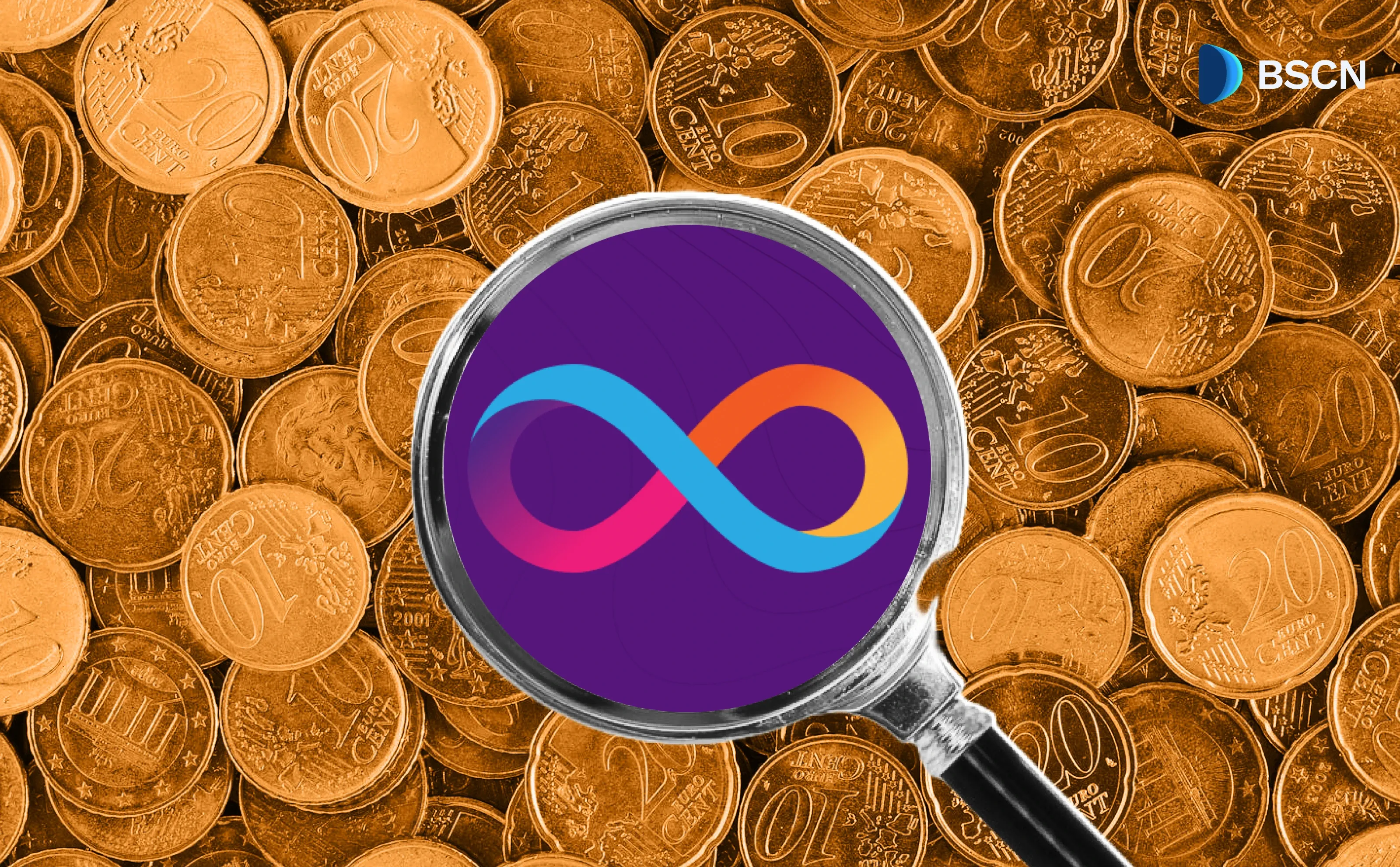Bitcoin ETFs or Direct Bitcoin Ownership: Where Should You Invest?

Here we explore the exciting world of Bitcoin and Bitcoin ETFs, shedding light on the key differences and helping readers decide which investment option suits them best.
BSCN
July 28, 2023
Bitcoin Vs. Bitcoin ETF
The anticipation surrounding the approval of a spot Bitcoin exchange-traded fund (ETF) has reached new heights, fueled by BlackRock's involvement in the race. For over a decade, the crypto industry has sought to launch a Bitcoin ETF, and now, with BlackRock, Invesco, and WisdomTree filing applications, hopes are soaring for the long-awaited product.
If the Securities and Exchange Commission (SEC) approves the ETF, it could lead to more Americans being able to invest in Bitcoin without having to set up a wallet or deal with crypto exchanges. It is possible for even a multimillion-dollar family office to invest in Bitcoin, further enhancing the demand for an ETF.
While there's still no spot Bitcoin ETF trading in the U.S., BlackRock's recent filing signals that change might be on the horizon.
The significance of BlackRock's involvement cannot be overstated. They have a stellar record of ETF approvals, and as the largest asset manager in the world, their entry into the ETF arena could drive an increase in Bitcoin buying and adoption.
Whether the Bitcoin ETF dream can grow and revolutionize crypto investing depends on whether the market and companies can convince the SEC of its safety.
Before going further, let’s learn a bit more about Bitcoin ETF.
.png)
What is a Bitcoin ETF
So, you've heard about Bitcoin ETFs, but what are they exactly? Well, let's break it down in simple terms.
A Bitcoin ETF is like a basket containing Bitcoin or assets related to its price. But here's the twist: it's traded on a traditional exchange, not a crypto exchange. So, instead of dealing with the nitty-gritty of crypto wallets and keys, you can invest in Bitcoin through a familiar investment type.
Here's how it works: The ETF company buys Bitcoin, secures it, and then offers fractionalized shares of those holdings on an exchange. Similar to a regular ETF that tracks stocks, you can buy and sell these Bitcoin ETF shares on the exchange almost 24/7.
Now, how does a Bitcoin ETF differ from a normal Bitcoin investment?
Differences between Bitcoin ETF and Bitcoin Investment
Alright, let's dive into the key differences between investing in Bitcoin directly and choosing a Bitcoin ETF.
Investing in Bitcoin Directly
When you invest directly in Bitcoin, it's like owning the real deal. You can purchase or mine Bitcoin and truly call it your own. The beauty is that you can buy, sell, and trade it anytime, 24/7, without any time restrictions.
Another great thing is that Bitcoin isn't affected by inflation or government actions. So, you don't have to worry about the value being tampered with.
Further, the freedom to use Bitcoin as a currency for direct purchases or trading for other cryptocurrencies is a huge plus. It gives you flexibility and opens up a world of possibilities in the crypto market.
But there are some downsides too. Getting started with Bitcoin can be a bit complex, especially if you're new to the game. And let's not forget that Bitcoin's value can be quite volatile, making the investment a bit risky.
And no authority regulates Bitcoin, there's no safety net if anything goes wrong. So, it's essential to take precautions and secure your Bitcoin properly.
Investing in a Bitcoin ETF
One big advantage of Bitcoin ETFs is that they are accessible through traditional investing platforms. So, it feels familiar and comfortable, just like any other investment.
Since ETFs are regulated by the U.S. government and backed by SPIC insurance, it adds an extra layer of security and peace of mind.
But there's a catch. As of now, Bitcoin ETFs are still waiting for SEC approval, so they aren't available yet. If approved, you can buy and sell ETF shares only during market hours, no late-night trading like with Bitcoin.
Keep in mind that some Bitcoin ETFs may include a mix of assets, so they might not track Bitcoin's price precisely. It's something to consider if you want a direct correlation to Bitcoin's movements.
And unlike buying Bitcoin directly, you can't use a Bitcoin ETF to trade for other cryptocurrencies or make purchases using Bitcoin.
Now that we have this information, here is the main question. Where should you invest?
Where Should You Invest – Bitcoin or Bitcoin ETF?
Bitcoin ETF:
If you prefer a hands-off approach to investing and want to diversify your portfolio, the Bitcoin ETF might be the better choice. It doesn't represent actual BTC ownership, but it still gives you exposure to Bitcoin's value.
For beginners or those who find the process of setting up a cryptocurrency exchange account daunting, the Bitcoin ETF provides a simpler alternative.
Plus, when Bitcoin's price goes up, so does the value of the Bitcoin ETF. It offers a way to benefit from Bitcoin's potential gains without directly holding the cryptocurrency.
And the best part is you won't have to worry about the risks of owning Bitcoin. If you invest in the ETF, you're shielded from the complexities of storing and securing cryptocurrency.
But remember that convenience comes at a cost – Bitcoin ETFs charge management fees for the services they provide.
Direct Bitcoin Investment:
On the other hand, if you're a savvy investor who enjoys actively managing your investments, direct Bitcoin ownership might be more appealing. It puts you in control, allowing you to buy, sell, or trade Bitcoin 24/7, reacting instantly to price changes.
And if you want to use Bitcoin as a currency for purchases or trading with other cryptocurrencies, direct ownership gives you the freedom to do so.
However, with this power comes responsibility. Storing and securing Bitcoin can be tricky. If you lose your cryptocurrency wallet password, your Bitcoin is gone forever.
Whether you choose to hold Bitcoin directly or invest in the Bitcoin ETF, each method has pros and cons.
Ultimately, the right choice depends on your circumstances and goals. Each method offers exposure to BTC, but the decision should align with your investment style and preferences.
So, consider what matters most to you, and weigh the pros and cons before making your move.
Latest News
Crypto Project & Token Reviews
Project & Token Reviews
Comprehensive reviews of crypto's most interesting projects and assets
Learn about the hottest projects & tokens







